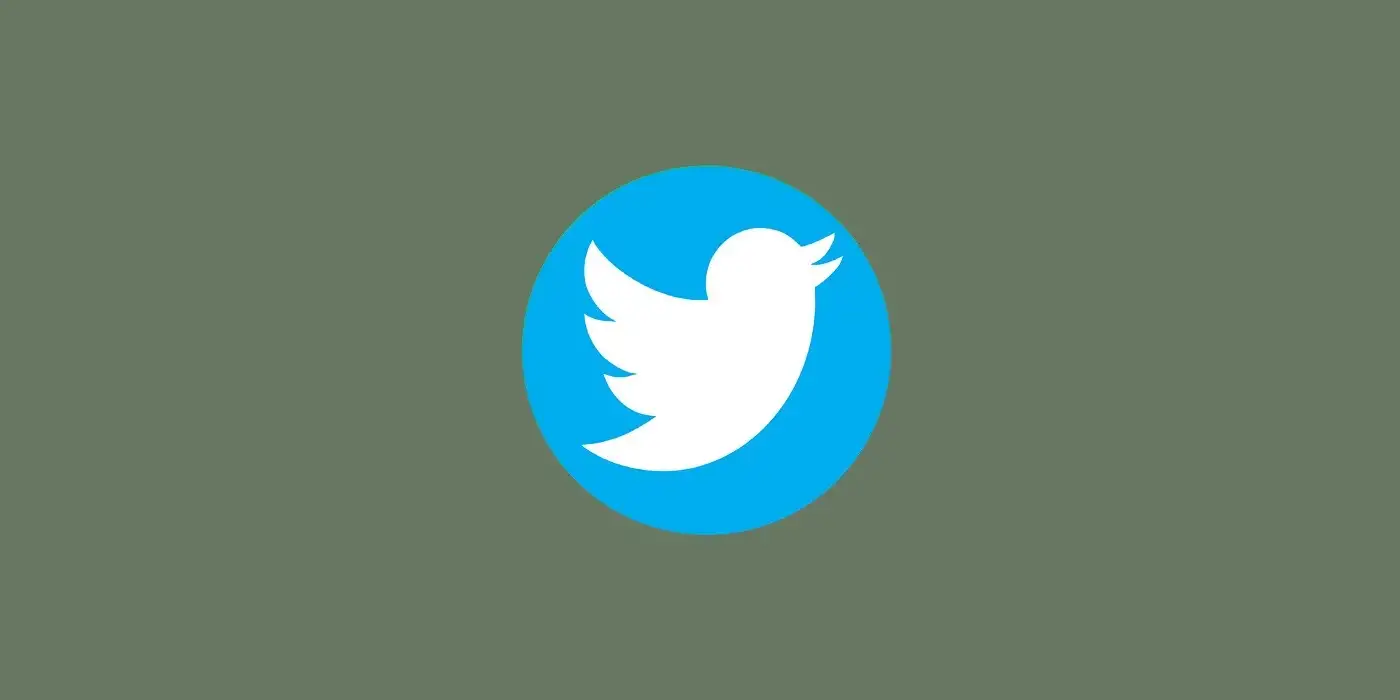
What is meaningful work? The answer to this question changes from age to age and from society to society, but only on the surface. The essence remains the same because it comes from the very core of our humanity.
“Deprived of meaningful work, men and women lose their reason for existence; they go stark, raving mad.”
— Fyodor Dostoevsky
Philosophy is no match for evolution
For hundreds of thousands of years, the human race fought off predators, built rudimentary shelters, and struggled to survive in the unforgiving wilderness. Those who survived to pass on their genes were the ones that built better shelters, used better tools, and communicated better. Man’s natural state is constant movement.
It is not surprising, then, that the need to make progress, to build things, and to improve, is as natural to us as the need for company and safety.
Striving for improvement is not a side-effect of evolved intelligence, it is its driving force.
That’s why no amount of mental gymnastics can justify a lack of movement, and why we start to suffer negative effects after a period of stagnation.
“Man needs difficulties. They are necessary for health.”
— Carl Gustav Jung
Dreaming is no match for doing
Imagination is a good thing, but only as a starting point before doing. Usually, imagination simply means dreaming about outcomes without ever putting in place a process that would lead us to that outcome.
“Follow your dreams”, they say. This is superficial advice given by people who just so happened to have both the predispositions and the environment that made it possible for them to actually live what they consider a dream.
A teacher once told me to follow my dreams. I said I wanted to be the next Shaquille O’Neal. She said I can’t, I’m not tall enough. So I said I wanted to fly to Mars. She said I can’t, my country isn’t even close to having a space program. Can I play top-level ice hockey? Sure, she said, just run away from home, move somewhere much further from the Equator, and go back in time 10 years so you can start young enough. Catch my drift?
You should dream to the edge of your ability. No more, no less. If you dream more, there is no conceivable way of getting to your destination and you have no choice but to give up. If you dream less, you are not challenging yourself hard enough. Challenge is motivation.
Every dream should be broken down into steps. Draw your starting point and your destination, and map out the entire path. Do this for every dream you have. Then compare the outcomes, the probabilities of success, and the dangers; only then can you pick the right path to follow.
What is meaningful?
Meaning depends on goals most of all. My long-term goal is to have lots of free time and split that time between raising my future children, building things, and hobbies. The catch is, the free time must not come at the expense of financial security. I have concluded that the path to this goal consists mainly of three things:
- Getting more efficient at my profession (freelance software development). Earning more money per hour means I can make the same amount in less time, freeing up time for…
- Creating multiple income streams. This means learning multiple skills, being more prepared for shifting conditions, and earning yet more. Earning more is important because…
- The compound effect is the best friend of a long-term thinker. I am investing heavily now to secure my future and my family’s future. I don’t mean that simply in the sense of financial survival but in terms of opportunities and freedom.
For work to be meaningful for me, it must then meet these criteria:
- Further one, or more, of the three points above.
- Not damage my health significantly.
- Not damage my relationship with those close to me.
To differentiate between what is meaningful and what is merely enjoyable, you have to consider the 2nd- and 3rd-order consequences of your choices. 1st-order consequences often fool us. If you drink a lot, the 1st-order consequence is quite enjoyable, but the 2nd-order consequence of a hangover and the 3rd-order consequence of long-term health decline are not so good.
The dangers of meaningless work
If you’re part of an organization, particularly a large organization, you might be shaking your head thinking this doesn’t apply to you because what you do at work isn’t really your choice. They might make you engage in office politics, bureaucracy, or grunt-work of various kinds.
This is a dangerous situation. People who try to wrestle some freedom away from large organizations often find themselves smothered in more bureaucracy and more meaningless work, until they finally give up, become demotivated, and accept the status quo that is inflicted upon them. Don’t be that person. Object to busy-work, and either make yourself so valuable at your job that they have no choice but to give you more freedom — or find a job more conducive to your goals.
The diagnosis
The first step to finding meaningful work is to assess your current situation correctly. There are four main scenarios here:
- You have clear goals and are free to pursue them.
- You have clear goals but you are not free to pursue them.
- You don’t have goals that you consider meaningful, but you are free to pursue them once you define them.
- You don’t have goals that you consider meaningful, and you would not be free to pursue them anyway.
The fourth scenario is essentially hell. That way lies apathy, resentment, and nihilism.
The third scenario is the life of a very young person. This is not a problem, if you are, in fact, a very young person. If you are not, then any day could be the day you transition into the fourth scenario.
The second scenario is the life of a competent thinker who is nonetheless bogged down by responsibility, authority, or environment.
The first scenario is the life of somebody who lives their life as a meaningful journey.
Everything starts with honesty
I cannot impress goals upon you, but if you can honestly place yourself in one of the four categories above, then you already have a good idea of the direction you need to take. Work can be the second-best thing in life — if it is meaningful.
“Love and work are the cornerstones of our humanness.”
— Sigmund Freud
Don't miss the next blog post!
I publish a new blog post every Wednesday. Join the newsletter to get:
- One valuable email a week.
- Zero spam.
- Exclusive content not found in the blog.
- Reply directly to me with questions or feedback.
Use the form at the bottom of this pageon the right to join the newsletter.


